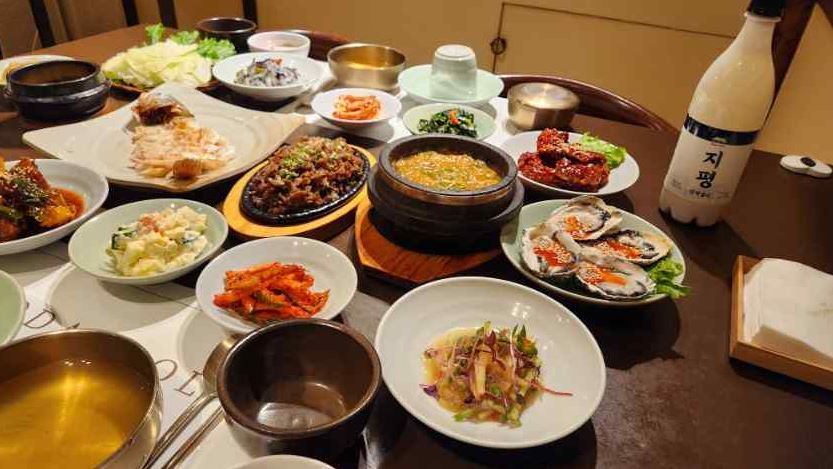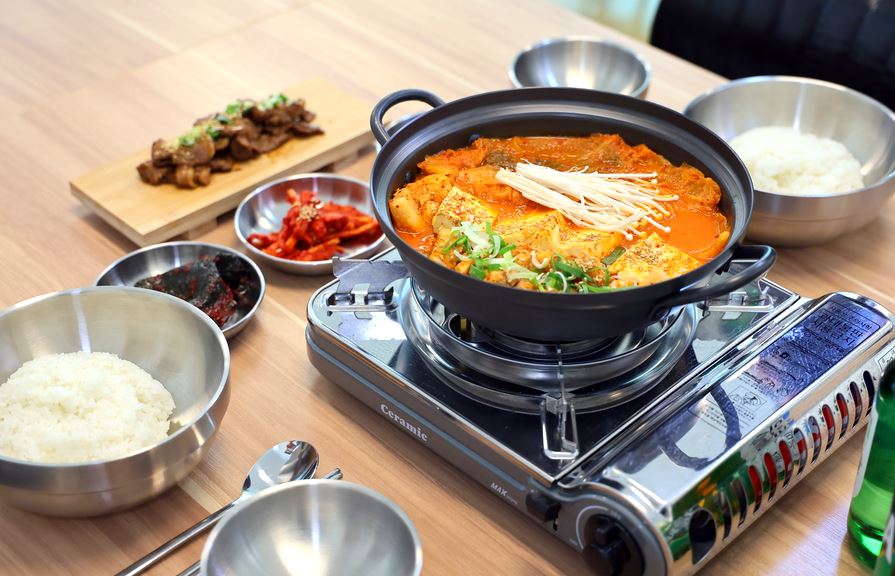As a professional travel blogger who has spent years exploring the dynamic and ever-changing city of Seoul, I have witnessed firsthand how economic shifts can affect both the local lifestyle and the tourism industry. South Korea, once thriving with economic growth and consumer confidence, is now facing a downturn that is becoming increasingly evident in the daily lives of its people.
Rising Costs: The Impact on Dining and Retail
In recent months, the cost of living in Seoul has steadily risen, creating an environment where even the most basic expenses are becoming less affordable. A meal that once cost around 5,000 to 6,000 KRW now often exceeds 10,000 KRW, a significant increase that has impacted local dining habits. Restaurants that were once full of customers now face empty tables, as people cut back on discretionary spending.
This surge in costs isn’t limited to food alone. Retail stores, both physical and online, are also feeling the squeeze. Online shopping malls and clothing stores are struggling to maintain the sales volume they once enjoyed. Many of South Korea’s largest markets are now closing, unable to sustain their operations under the weight of decreased consumer spending.

The Strain on the Economy: From Consumer Confidence to the Stock Market
The ripple effects of this economic slowdown extend far beyond the dining and retail sectors. The weakening consumer confidence is also visible in the stock market, with South Korea’s KOSPI index reflecting the country’s broader economic troubles. As businesses adjust to lower sales and reduced profits, the overall economic environment grows more uncertain, with some industries unable to avoid the financial losses that come with this downturn.
For local businesses, adapting to this new reality has become crucial. Many are finding ways to innovate and find new revenue streams, but the overall economic climate remains challenging.
Tourism and Travel: How the Slowdown Affects Visitors to Seoul
As someone who has dedicated my career to exploring Seoul’s vibrant tourism scene, I can’t ignore how these economic changes are affecting international visitors. With costs rising in areas like dining, accommodations, and attractions, it’s becoming increasingly expensive for travelers to experience the city in the way they once could.
For those planning a trip to Seoul, this means being more strategic with their budget. While the city still offers a wealth of cultural experiences, travelers may need to adjust their expectations, focusing on value-driven experiences rather than the indulgences that once made Seoul an affordable destination.

Adapting to Change: The Resilience of Seoul
Despite these challenges, Seoul has always shown remarkable resilience in the face of adversity. The city has weathered various economic storms in the past, and this current slowdown is no different. As businesses and consumers adapt to this new economic reality, there are still opportunities for innovation and growth.
For both locals and visitors, this period of economic uncertainty may require a shift in mindset. It’s not just about cutting back; it’s about finding sustainable solutions that allow the city to thrive despite the challenges. For travelers, this means embracing the essence of what makes Seoul special, even as prices rise and changes occur.
Conclusion: Weathering the Storm Together
The ongoing economic slowdown in South Korea is shaping the experiences of both locals and international visitors. From the rise in everyday costs to the closing of iconic markets, the impact is clear. However, through resilience, innovation, and strategic adjustments, Seoul will undoubtedly find ways to continue offering memorable experiences for those who visit and call it home.
As a travel blogger, I’ll continue to share insights into how Seoul is adapting to these changes, helping both residents and visitors navigate this challenging period.

Leave a Reply